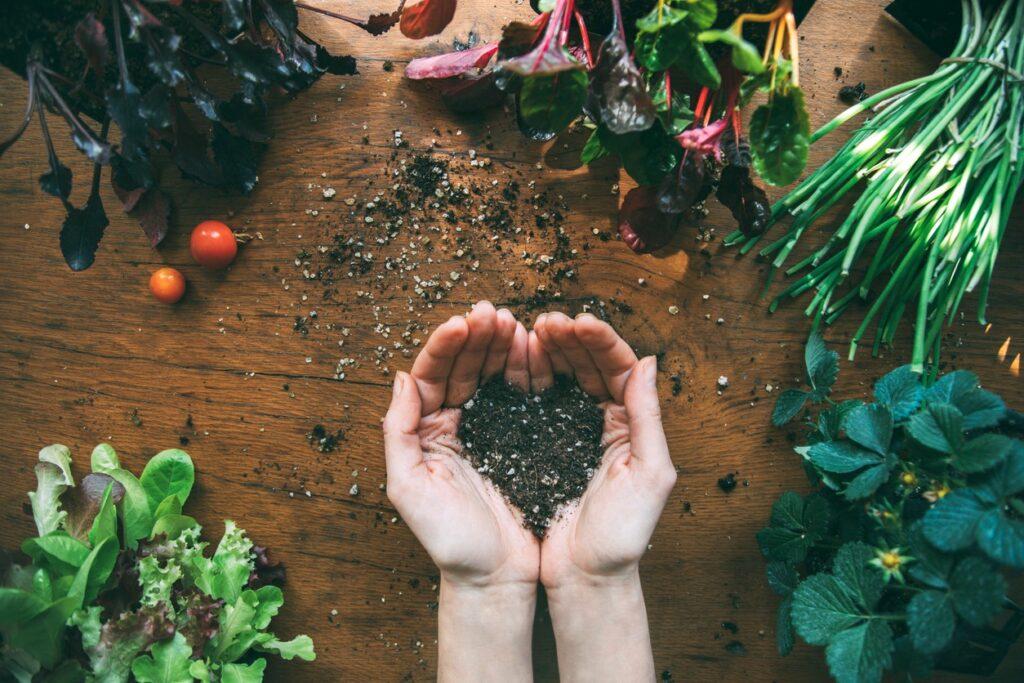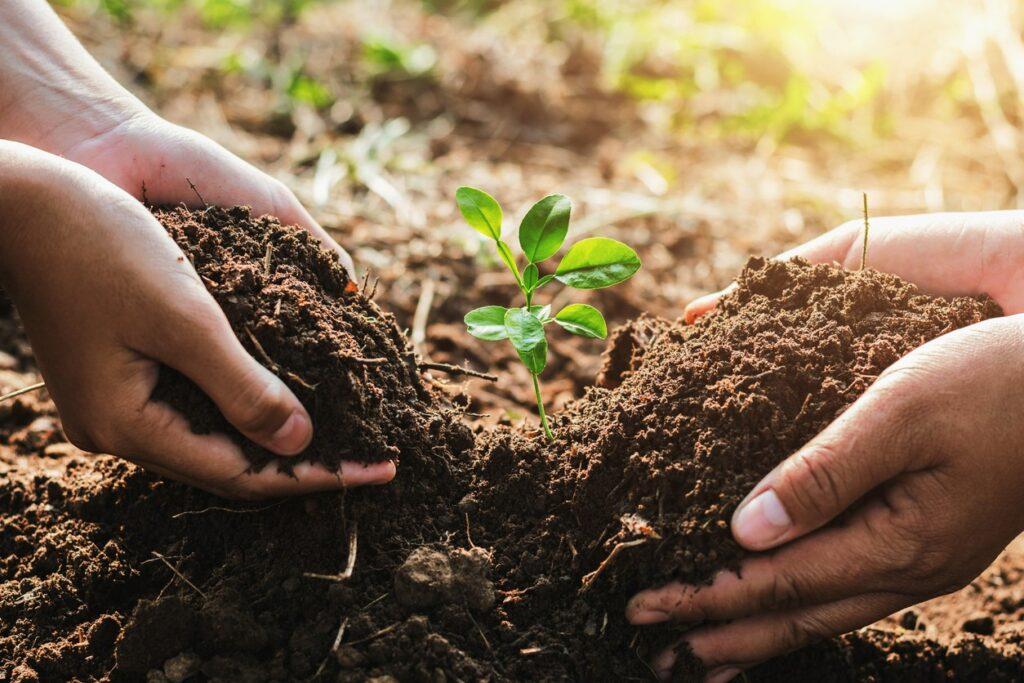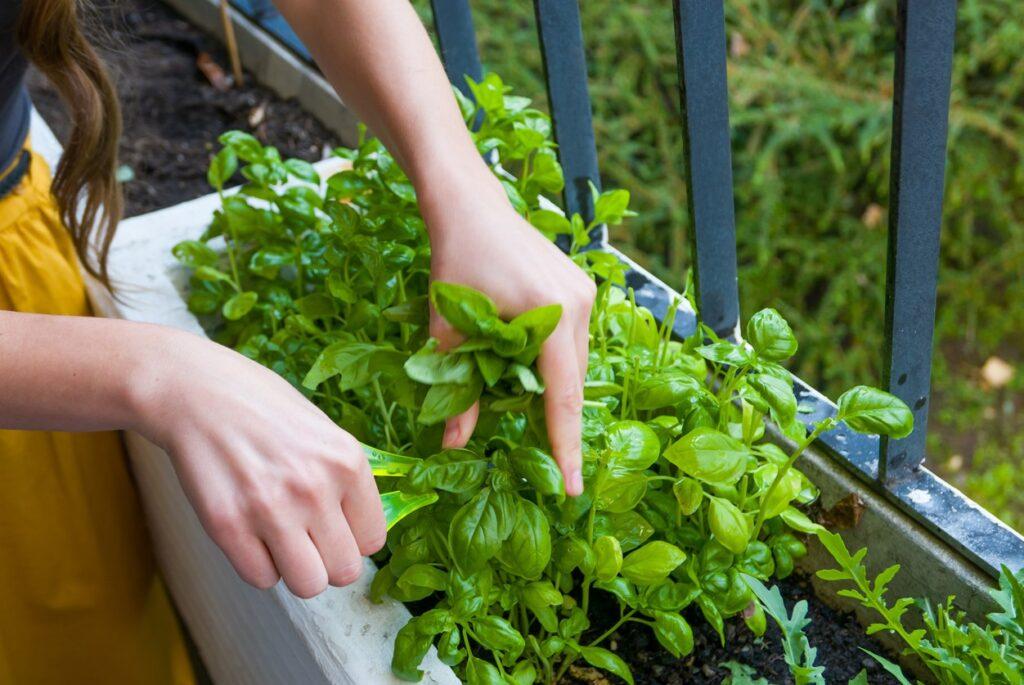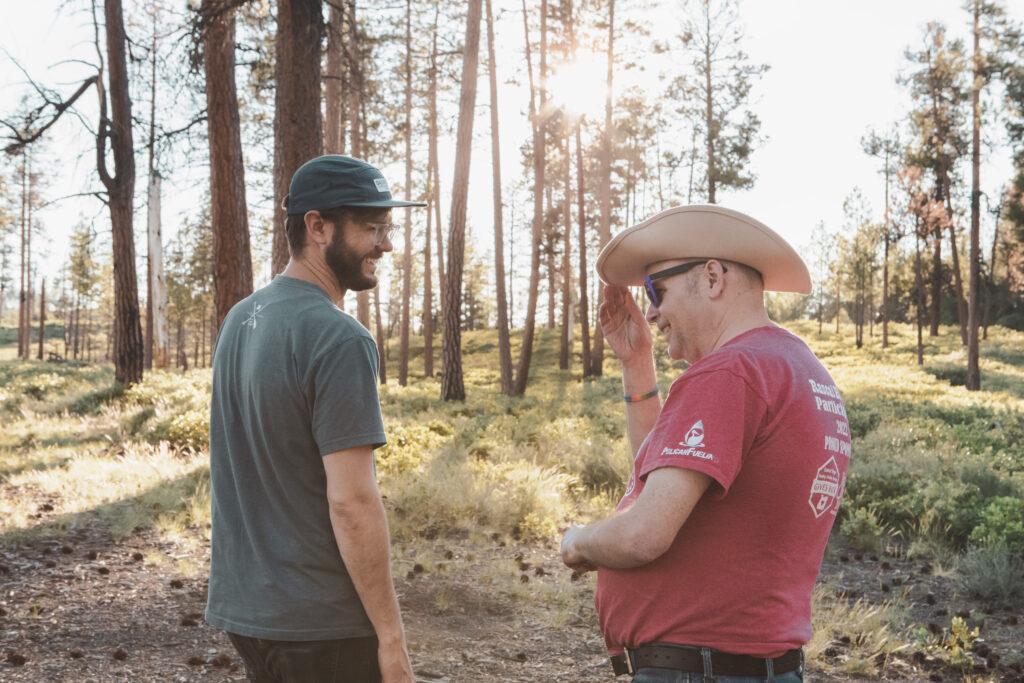Make heart work your work. Apply for one of our careers at ALSO!
Make heart work your work. Apply for one of our careers at ALSO!

Gardening, whether it’s working with a vertical garden or a large plot, is a wonderful way to get in touch with nature. For people living with intellectual or developmental disabilities, gardening (or horticultural therapy) can be a holistic way to learn a new skill while also feeling more grounded.

Gardening helps people with disabilities in several ways. It can help a person with disabilities feel productive, or it can encourage someone to learn a new skill. Those with limited mobility can have raised bed gardens or gardens created with their needs in mind, so they can participate in an activity with their peers regardless of their skill levels.
Gardening helps people use their fine motor and cognitive skills, and it also encourages them to get outside in the sunshine. For those who can’t get outdoors, indoor gardens or window boxes create a space for the adaptive gardener to get involved.

There are multiple benefits of gardening for people living with disabilities. Here are four of the most significant benefits to consider.
One of the main reasons to try gardening is because it’s a good way to increase physical activity. Gardening can require skills and movements like bending, digging, pulling, and pushing, all of which can help with exercise.
The Centers for Disease Control and Prevention have recognized gardening as exercise. In fact, it can burn up to 210 to 420 calories in just one hour. The health benefits are great for everyone.
Another reason to get involved in gardening is because of the social opportunities that come with it. An accessible garden in the community creates a place where people with disabilities can get fresh air and interact with others in their community. Gardening can be used as a tool to improve social skills. It also provides easy access to support from others who may have more knowledge about gardening.
Gardening incorporates both motor and cognitive skills, making it a great task to improve physical health. Someone who has an intellectual or developmental disability may have improved self-esteem after raising their own healthy foods, and someone with limited mobility may find low-stress exercise good for the body and mind.
One final reason to consider gardening as a hobby is that it’s good for your mental and emotional well-being. Along with social inclusion, people who work on their own gardens find that they meet more people than they would have outside of a gardening program. Additionally, they’re able to grow healthy food that they can share, increasing the benefit of their growing gardening experience.
April 22nd is Earth Day, a day when people of all ages can come together to help plant trees, recycle, and learn more about helping the environment. For all people, taking part in gardening is one exciting way to get started on working with the earth in a positive way.
With the rise of community gardens, as well as the option to participate in farmer’s markets, this can be a fantastic opportunity to give back to the community while learning a new skill. Check out your local news or social media sites to see if there are farmer’s markets or community gardens open this Earth Day. There may be multiple events taking place, and you may find it easy to find a new group to participate in.
You can also check the American Horticultural Therapy Association website to learn more about upcoming gardening events.

At ALSO, we are committed to supporting people with disabilities and advocating for community inclusion. To learn more about our services, volunteer, or find services for yourself or someone you love, visit us online or call our offices. To reach our Portland office, call (503) 489-6565. For Central, Eastern, and Southern Oregon, call (541) 410-0317. We’d be happy to talk to you more about a horticultural therapy program, assistive technology, and our support services.

Sign up for our newsletter to get our latest news, content, and job opportunities.
Help us ensure that everyone has the same opportunities in their home, workplace and community. Let’s make dreams!
